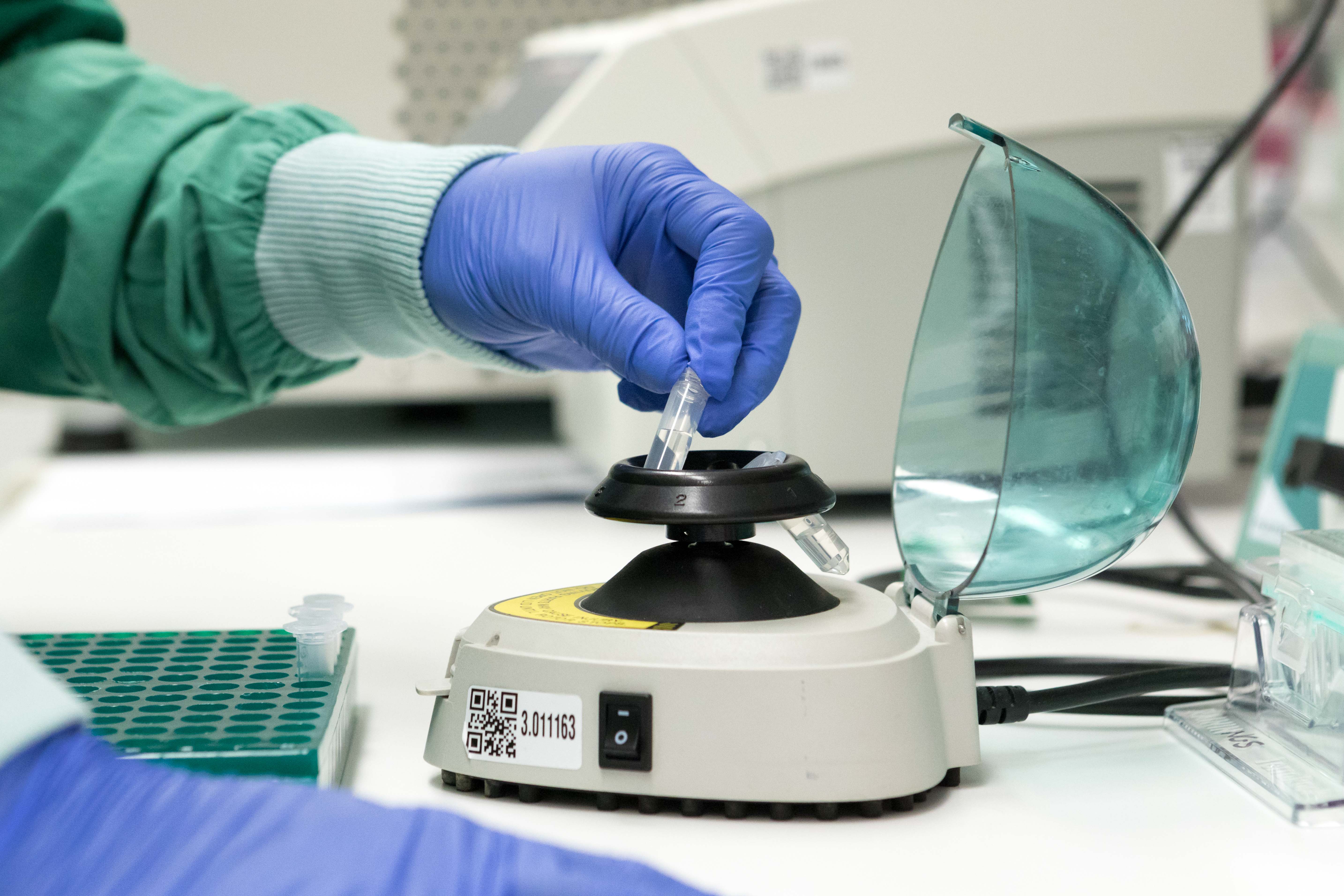
2 minute read
Advancing Precision Therapy through CtDNA
Dr Costas Yannakou, Director of Haematology Clinical Trials and Dr Nicole Brooks, Research Program Manager share a vision for a future where precision medicine is the standard of care, rather than the exception. Their work and clinical practice focuses on identifying the individual characteristics of each blood cancer diagnosis and prescribing bespoke treatments for patients at Epworth.
To progress their vision and make it a reality for all Australians, since 2017 and with the support of Snowdome, Dr Yannakou and Dr Brooks, have been undertaking research in cell-free DNA, also referred to as circulating tumour DNA or ctDNA.
Advertisement
ctDNA provides a novel strategy for earlier diagnosis of blood cancers and guidance of treatment options specific to the type of blood cancer and patient. It provides a comprehensive understanding of the tumour genomic makeup through the detection of mutations, without having to perform invasive biopsies. By identifying the genetic mutations early in the diagnostic and treatment pathway, they can be targetted earlier, increasing the potential for cure.
ctDNA assessment can also be used to monitor a patient’s response to treatment and therefore further guide precise therapy. Precision medicine is the cornerstone of the Epworth Centre of Immunotherapies and Snowdome Laboratories, where they both hold senior research roles.
Dr Yannakou sees the future of cancer care as that informed by tests such as the ctDNA, “because we are often able to match a treatment that is quite specific and selective to that tumour cells, unlike chemotherapy which has a wide affect at killing all kinds of cells. More targeted therapies are better tolerated by patients.”
The Centre is an exciting step for Australian blood cancer research and treatment and will deliver the very best of precision medicine, which Dr Brooks considers the future of cancer care -










